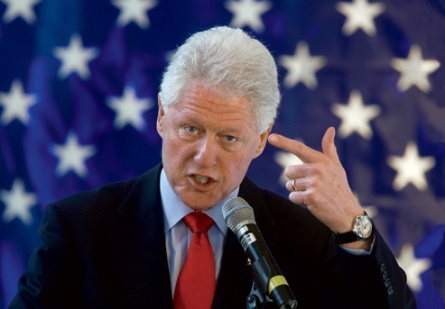Child Online Protection Act
Article by Christina D'AmatoThe Child Online Protection Act (COPA) of 1998 was a law that attempted to cut off access by minors to unsafe or harmful material that was found on the internet. This law was brought forward in direct response to The Communications Decency Act of 1996, which was struck down by the U.S. Supreme Court in ACLU v. Reno (1997).
The Communications Decency Act bill would have imposed a potential two-year prison sentence, and up to $200,000 in fines, against anyone posting "indecent" material online. Indecency, which included strong profanity, explicit sexual acts or descriptions of sexual acts and nudity, could not be broadcast on public television, during hours that minor children might be watching television. Indecency does not include any exceptions for material of a positive or learning environment, so literary profanity, or medical nudity, would be just as indecent as any other kind of profanity or nudity. (About.com)

In ACLU v. Reno (1997), the Supreme Court found that the Communications Decency Act was too broad of an �indecency� standard. Because of this the COPA (Child Online Protection Act) was formed. This bill would prohibit material considered �harmful to Minors�. Harmful material included Internet pornography, nudity and sexual acts. President Bill Clinton signed the bill, which would give a $50,000 fine and a six-month prison sentence attached to it. (Ashcroft v. ACLU)
COPA was requiring that commercial distributors of "material harmful to minors" to restrict their sites from access by minors. Under COPA, an adult who wants to view information or material considered unacceptable for minors would first need to provide a credit card. This means if an adult wanted to access a web site on sex advice in their relationship or sex education for their child, they would have to disclose their credit card in order to get that information. Free speech advocates argued on the behalf of sex columnist and educators, because they are providers of legitimate material. They could be put out of business because adults would be hesitant to give their credit card information. They also argued that private internet filters could be more effective than a law. (Ashcroft v. ACLU)
The law actually was never fully enacted due to three separate law suits that eventually shut down the law in 2009. In ACLU v. Gonzales, a federal court declared that:

After a trial on the merits, for the reasons that follow, notwithstanding the compelling interest of Congress in protecting children from sexually explicit material on the Web, I conclude today that COPA facially violates the First and Fifth Amendment rights of the plaintiffs because: (1) at least some of the plaintiffs have standing; (2) COPA is not narrowly tailored to Congress� compelling interest; (3) defendant has failed to meet his burden of showing that COPA is the least restrictive, most effective alternative in achieving the compelling interest; and (3) COPA is impermissibly vague and overbroad. As a result, I will issue a permanent injunction against the enforcement of COPA. (ACLU v. Gonzales)
